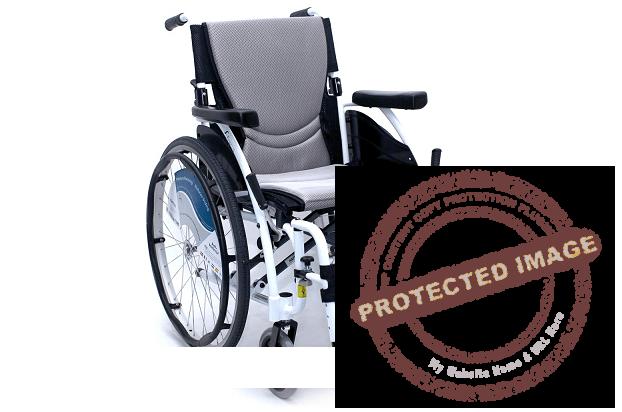Wheelchairs have revolutionized the lives of individuals with disabilities, providing them with newfound freedom and independence. Technological advancements have significantly improved the mobility experience, offering comfort and convenience to users. In Nigeria, wheelchairs serve a diverse population, including those recovering from illness or injury. This guide explores the various types of wheelchairs available in the market, along with their respective prices and key factors to consider before making a purchase.
Types of Wheelchairs:
Wheelchairs come in a range of styles, models, colors, designs, and mechanics, catering to different needs and preferences. The two primary categories are manual and electric wheelchairs.
-
Manual Wheelchairs:
- Drive Medical Wheelchair: Starting from N140,000
- 1001 Wheelchair: Starting from N90,000
- Cerebral Palsy Wheelchair: Starting from N310,000
- High Back Commode Wheelchair: Starting from N190,000
- Commode Wheelchair: Starting from N105,000
- Rough Ride Wheelchair with control: Starting from N240,000
Generic manual wheelchairs, which may not be associated with specific brands, range from N45,000 to N300,000 based on features, quality, durability, and effectiveness.
-
Electric Wheelchairs:
- Leo Power Wheelchair: Starting from N800,000
- Palsy Power Wheelchair: Starting from N450,000
- Average cost of electric wheelchairs: N650,000
Factors Influencing Wheelchair Prices:
Several factors contribute to the varying prices of wheelchairs in Nigeria, including features, brand reputation, quality, durability, and market demand. Additionally, fluctuations in currency exchange rates, place of purchase, and timing of acquisition play a role in determining the final cost.
Key Considerations Before Purchasing a Wheelchair:
-
Budget:
- Determine your budget range to narrow down available options and make an informed decision.
-
Material:
- Consider the material used in the construction of the wheelchair for factors such as durability, comfort, and maintenance.
-
Durability:
- Evaluate the wheelchair’s build quality and materials to ensure it can withstand regular use and potential environmental challenges.
-
Ease of Use:
- Test the wheelchair for ease of maneuverability, especially if the user will be self-propelling. Ensure that it offers a comfortable and convenient experience.
-
Maintenance:
- Assess the maintenance requirements of the wheelchair to ensure it can be cared for easily and affordably over time.
Conclusion:
Wheelchairs have become invaluable devices for individuals with disabilities and those in need of mobility assistance. With a wide range of options available in Nigeria, users can find a wheelchair that suits their specific requirements and preferences. By considering factors like budget, material, durability, ease of use, and maintenance, individuals can make an informed decision about which wheelchair best meets their needs. Invest in a wheelchair today and experience the newfound freedom it can provide.

